Minimum Wage in Indiana
Set the Standard – Don’t Just Comply
By Rob Krasa, LUM intern

As discussed in our previous newsletter, the effects of income inequality are felt just as hard here in Indiana as they are across the country. One big step to take to help close this income gap would consist of a raise in our minimum wage. While opinions regarding such an increase are certainly mixed, the results of such increases across the country have been largely positive, and have not had the sweeping negative impact on local businesses and economies that some may fear. The history of the minimum wage here in Indiana reveals that a significant increase is long overdue, and studies done regarding numerous increases across the country show that workforce numbers and employment rates would not take the hit that one may expect. In short, it is time for Indiana to buck the past trends, raise the minimum wage, and take a major step toward fighting back against the inequality in income that affects our communities.
It is important to note that fighting to raise the minimum wage on a state or even local level is a much more approachable method than doing so on a national level. Although the Fair Labor Standards Act (FLSA) entitles workers nationally to a minimum wage of $7.25 per hour, those working in states which have established a higher minimum wage – as 19 states plus the District of Columbia have done – are entitled to the higher state-based minimum wage. Though it is the true that many of these places have done so in response to a higher general cost of living, that is not necessarily the case. Three of the four states which border Indiana – Ohio, Michigan, and Illinois – all have established a minimum wage higher than the federal standard, and a vast majority of communities in those states carry a similar cost of living as Hoosiers experience. Being that state standards which surpass federal standards are recognized as the default when it comes to labor practices, fighting for the increase here at home where it means the most to us is the logical step to take.
Additionally, it has come time to change course in relation to Indiana’s history in terms of setting a fair minimum wage. The minimum wage here in Indiana actually lagged behind the federal minimum all the way until 2000, when at that time the statewide minimum was raised to match the then-federal minimum of $5.15 an hour. From that point on, the statewide minimum has matched the federal minimum as it has increased to $7.25 an hour, with the last increase having come in 2009. This, all while income inequality has steadily increased since the recession in 2008, and while those same three neighboring states previously mentioned have passed a collective total of sixteen increases to their minimum wage to remain consistently ahead of the national standard during that same timeframe. Our neighbors have seen the value and importance of staying ahead of the curve when it comes to staging the fight against income equality, and it’s come time for Hoosiers to join the fight as well.
It would also be remiss to forget that the $7.25 an hour which was settled upon as the federal (and accordingly state) minimum in 2009 doesn’t even carry the same meager value that it did just that short decade ago. When accounting for inflation, an item costing $7.25 in 2009 would cost $8.52 today, a cumulative rate of in inflation of 17.5%. Another way to look at this inflation which has gone unaccounted for: even a full one-dollar increase in the minimum wage would not give a worker making minimum wage the same ability to make ends meet as they had ten years ago. While some may make the argument that “people just need to go get better jobs,” it is the same income inequality and disparity in educational and skill-building opportunities that this inadequate minimum wage perpetuates that acts as the main set of barriers to these workers doing exactly that. Without a change in policy, people working at these wages to make ends meet will never have a fair opportunity to improve their situation.
It is clear that a raise in minimum wage is long overdue, especially here in Indiana. The all-too-common argument in opposition to such an increase – that raising minimum wage would harm local economies and business owners – is not necessarily the result we would experience by doing so. A collection of 10 U.S. cities, seven states, and many smaller communities are in the process of raising their minimum wage to between $12-$15 per hour. Studies and reports of the effects of these increases are showing no detrimental effect on the labor market – meaning employers are still thriving and able to maintain and pay staff through the increases – and that real earnings for workers are, of course, significantly increasing. This has led to less turnover, higher employee productivity, and in turn, an overall reduction in expenses for employers. To broaden the view, another study took into account 137 different state-level minimum wage increases since 1979 and found similarly that workforce numbers and employment rates remained constant and were effective in increasing meaningful earnings for the affected employees.
Fighting income inequality is up to us here and now. It is not a far away problem experienced by others, it is something we all feel the effects of every day here in our community and across the state and country. Raising our minimum wage is a meaningful, achievable, and effective means of contributing to this fight. It’s time for Indiana to set the standard, not begrudgingly comply to dated and ineffective policy, and become an example of what it means to do what is right.
- United States Department of Labor, https://webapps.dol.gov/elaws/elg/minwage.htm#Relation
- United States Department of Labor, https://www.dol.gov/whd/minwage/america.htm#stateDetails
- United States Department of Labor, https://www.dol.gov/whd/state/stateMinWageHis.htm

